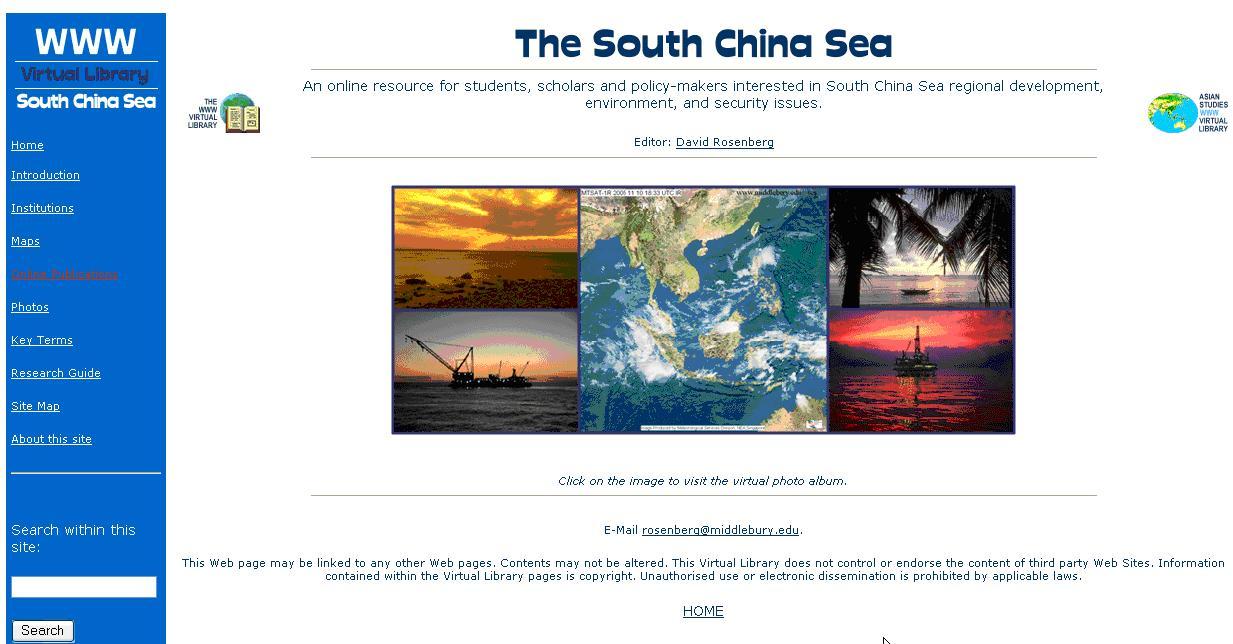
Technologies Used: Second Life; Blogs, Wikis.
Course:
Political Science 103: Intro to Comparative Politics
Number of Students: 50
Objectives: “Provide a political simulation experience for my students, and conduct an experiment to determine if it was possible to create a virtual state in which people would actively participate.”
Summary of Poster Session: Quinn Mecham and Alex Russo (a student from his course) demonstrated how they used Second Life as one of their tools to simulate how political parties and governments form. Students had avatars (simulated characters) in Second Life that could interact with each other and campaign, form parties, propose legislation, and experience how politics play out. A blog and wiki connected to their virtual space was also used to allow proposals to be vetted. Continue reading

